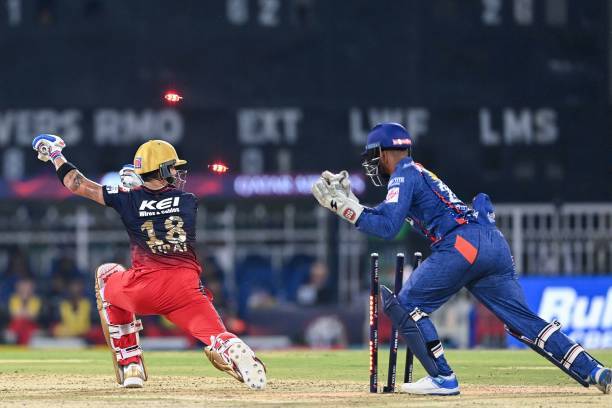Legal Implications of Cricket Club Ownership Structures: Private vs. Public Entities: All panel.com, Cricket 99 betting app, Lotus365 login
all panel.com, cricket 99 betting app, lotus365 login: When it comes to owning a cricket club, the ownership structure you choose can have significant legal implications. Whether you opt for a private entity or a public one, each comes with its own set of rules and regulations that you must adhere to. In this article, we will explore the legal implications of cricket club ownership structures and compare the differences between private and public entities.
Private Ownership:
1. Limited Liability: One of the main advantages of owning a cricket club as a private entity is the limited liability it offers. This means that the owners are not personally liable for any debts or obligations of the club. If the club faces financial difficulties, the owners’ personal assets are protected.
2. Control: Private entities offer greater control to the owners over the management and decision-making processes of the club. Owners have the freedom to run the club as they see fit without having to answer to shareholders or the public.
3. Tax Benefits: Private entities often enjoy certain tax benefits, such as deductions for expenses related to the club’s operations. This can help owners save money on taxes and reinvest it back into the club.
Public Ownership:
1. Disclosure Requirements: Public entities are required to disclose financial information and other details to the public, shareholders, and regulatory authorities. This transparency is necessary to ensure accountability and build trust with stakeholders.
2. Regulatory Compliance: Public entities must comply with a range of regulations and laws governing corporate governance, shareholder rights, and financial reporting. Failure to comply with these regulations can result in fines, lawsuits, or even the dissolution of the club.
3. Shareholder Rights: Public entities have shareholders who have certain rights, such as voting on important decisions, electing the board of directors, and receiving dividends. Owners must consider the interests of shareholders when making strategic decisions for the club.
FAQs:
Q: Can a cricket club be owned by a combination of private and public entities?
A: Yes, some cricket clubs have a hybrid ownership structure with both private and public ownership. This allows for a diverse range of stakeholders and can help attract more investment.
Q: What are the legal requirements for starting a cricket club?
A: The legal requirements for starting a cricket club vary depending on the country and jurisdiction. Generally, you will need to register the club as a legal entity, obtain any necessary permits or licenses, and comply with relevant regulations.
In conclusion, the ownership structure of a cricket club can have a significant impact on its legal obligations and operations. Whether you choose to own the club as a private entity or a public one, it is crucial to understand the implications of each and ensure compliance with the relevant laws and regulations. By carefully considering these factors, you can set your club up for success and avoid any legal pitfalls along the way.







